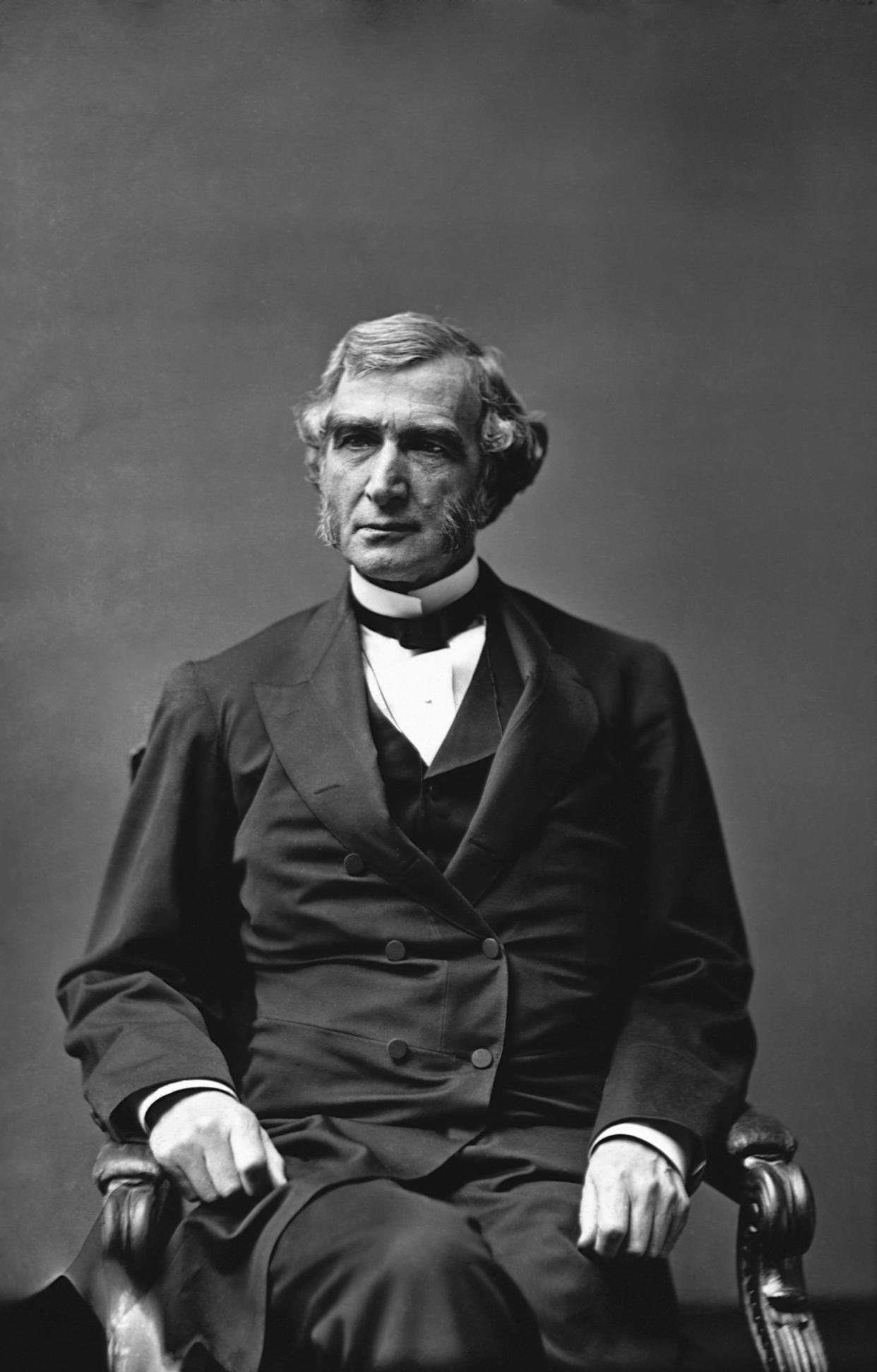Expert details the 'very actively racist underpinnings' of U.S. higher education
U.S. higher education may be the "the envy of the world" to many, but the system of thousands of colleges and universities have historically left behind one group of Americans: Black students.
"There are some very actively racist underpinnings to our higher education system now," journalist Adam Harris, author of "The State Must Provide: Why America's Colleges Have Always Been Unequal — and How to Set Them Right", said on Yahoo Finance Live (video above). "The way that we understand America’s higher education system is that it’s the greatest in the world, but I think we have to grapple with that original legacy."
One key area with notable disparities is student loans: According to a report by the Heller School for Social Policy and Management at Brandeis University, Black students are not only more likely to take on more student debt than their white peers but also more likely to carry that debt for longer periods of time.
Additionally, a 2014 Demos report based on credit records of 35,000 student debtors found that Black student debtors "are 16% more likely to be in default or seriously delinquent than white student debtors; Latino borrowers are 8% more likely."
Given that context, according to Harris, it's important to think about "the reality that Black students were shut out of higher education writ large, and that that was an intentional action."

U.S. created 'separate institutions for Black students'
The first Morrill Act of 1862 enabled the U.S. government to provide 30,000 acres of public land to each state, which laid the groundwork for a nation-wide system of state universities Americans are now familiar with, such as Iowa State University or Kansas State University.
At the same time, colleges serving Black colleges struggled for basic funding.
"You look at a state like Mississippi, where Alcorn State [is], founded in 1871, historically black college was supposed to receive a guaranteed $50,000 appropriation for 10 years from its founding in 1875," Harris explained. "That appropriation was reduced to $15,000 in 1876. It was reduced again to $5,500."
Harris added that the land grants were "land expropriated from Native Americans that the states could then sell in order to fund an institution" and "Black students could not attend those institutions."
Many, in fact, only admitted white men for the first few decades.
"And then when those institutions needed more money," Harris added, "they went back to the federal government and the federal government said, 'OK well, you at least need to create separate institutions for Black students.'"

How to address legacy of racism in higher education
There is a financial argument to be made for addressing inequities in the higher education system.
A study by Georgetown University found that if the U.S. invested roughly $4 trillion in the system, it would result in an estimated $956 billion in total annual public benefits from an estimated $542 billion annual boost to U.S. GDP, $308 billion annually in new tax revenue, and the decrease of various annual costs over time.
One way to level the scales when it comes to higher education, Harris said, is with philanthropic donations.
For instance, recent donations from philanthropist MacKenzie Scott came up to more than half a billion dollars just for historically Black colleges and universities (HBCUs), according to the Washington Post.
"My own institution, Alabama A&M [University] just [recently] received its largest ever single donation," Harris said after an anonymous young alum donated $2.2 million to their alma mater.
However, he added, philanthropy needs to be supported by federal and state governments: "We really have to look at the ways that states have really stymied black education and address that role that they play and fixing it."
Part of fixing the massive inequality between Black and white students when it comes to student loans — a byproduct of an unequal society and higher education system — is an issue many progressive lawmakers have repeatedly stressed.
“Student loan cancellation is a matter of racial and economic justice across our country,” Congresswoman Ayanna Pressley (D-MA) said during a virtual conference held by the Consumer Federation of America. “Black student borrowers are forced to borrow more than their white peers and are five times more likely to default on a student loan.”
Speaking on Yahoo Finance Live earlier this month, Pressley also argued that the Biden administration should also cancel student loan debt to prevent borrowers from being financially strapped when the bills come due in February.
"We organized and fought to extend the pause on student loan payments — myself, Senator [Elizabeth] Warren, and [Senate Majority] Leader [Chuck] Schumer," Pressley said. "And now we have to go further and that is to cancel student debt up to $50,000 with the same authority that President Biden used to extend the pause on payments, to cancel student debt by executive action with the stroke of a pen and mitigate this hurt."
The trio of prominent Democrats has repeatedly urged President Biden to use executive authority to enact broad student loan forgiveness for the roughly 45 million borrowers with federally-backed debt.
"Debt cancellation will go a long way towards helping [Black borrowers] get out of poverty to help them establish a more sound financial base with which to move forward from," Harris said, "and maybe they can go back to college after that."
—
Aarthi is a reporter for Yahoo Finance. She can be reached at aarthi@yahoofinance.com. Follow her on Twitter @aarthiswami.
Read more:
Follow Yahoo Finance on Twitter, Facebook, Instagram, Flipboard, SmartNews, LinkedIn, YouTube, and reddit.
